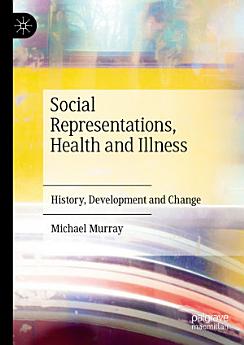Social Representations, Health and Illness: History, Development and Change
About this ebook
Through a combination of historical analysis and contemporary studies, the book sheds new light on how people understand and engage with health-related practices. It begins by considering the origins of social representation theory. It then proceeds to consider the influence of socio-economic factors, gender roles, and cultural processes on social representations of health and illness, and delves into questions such as: How do children, adults, and older people's understandings of health and illness change over time? What role do social class and gender play in shaping these understandings? How do young people negotiate their health identities in the face of societal expectations and personal experiences? It concludes by considering processes of change in social representations. Integrating perspectives from health psychology, social psychology, and social representation theory and research, this short volume offers valuable insights for academics interested in the intersections of health, identity, and society, as well as practitioners working in health promotion and education.
About the author
Michael Murray is Emeritus Professor of Social and Health Psychology at Keele University, UK. He has published widely on critical and qualitative approaches in health psychology.






